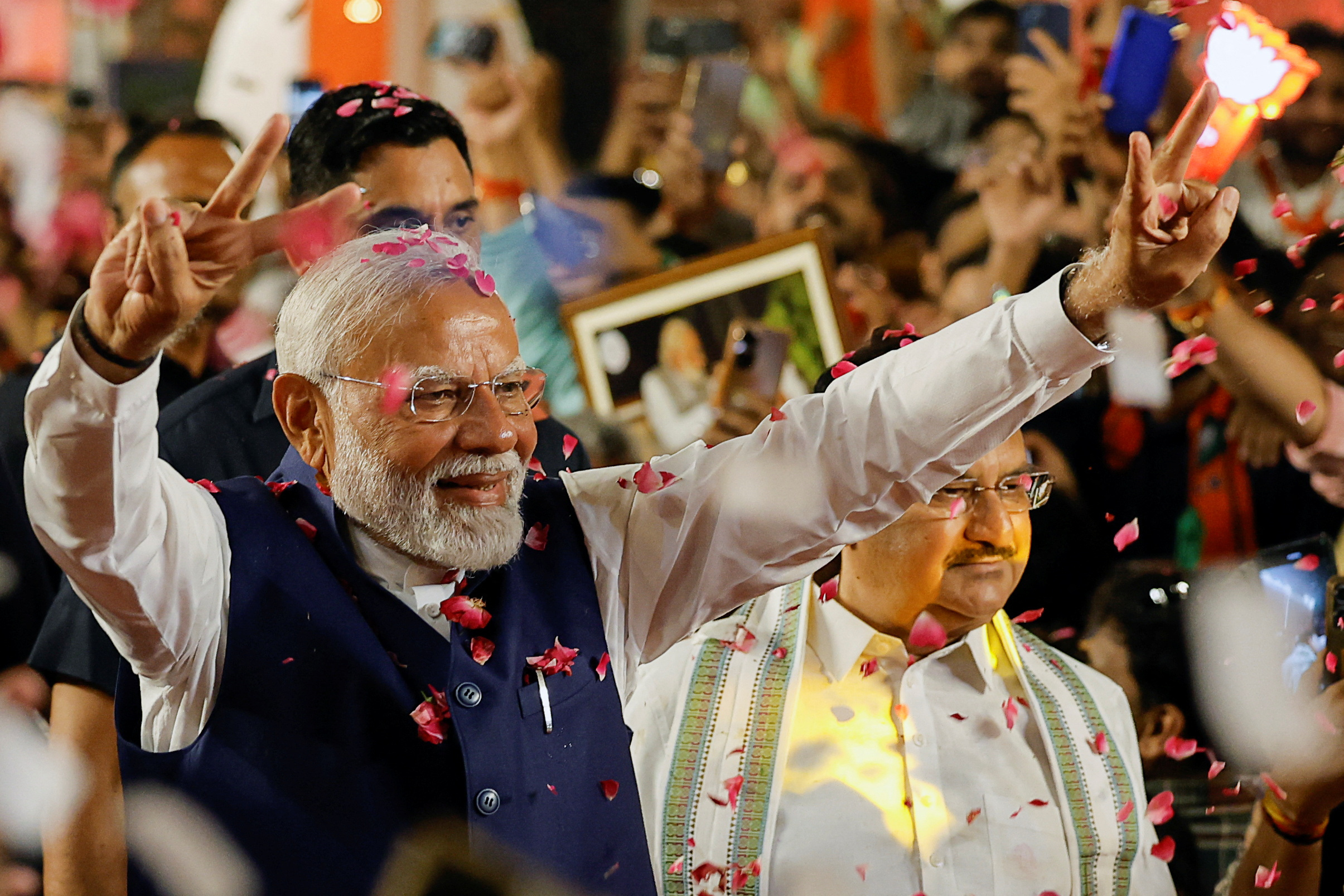Vietnam is a country located in Southeast Asia. It operates under a socialist republic system of government. Here are some key points about the political system in Vietnam:
- Communist Party of Vietnam: The Communist Party of Vietnam (CPV) is the ruling political party in Vietnam. It is a single-party system, meaning that the CPV holds a dominant position in the political landscape, and other political parties are not allowed to operate independently.
- Executive Branch: The President of Vietnam is the head of state, and the Prime Minister is the head of government. The President is elected by the National Assembly, which is the country’s legislative body, and the Prime Minister is appointed by the President with the approval of the National Assembly. The President serves as the ceremonial figurehead, while the Prime Minister is responsible for the day-to-day administration of the government.
- Legislative Branch: The National Assembly of Vietnam is the highest representative body and the legislative branch of the government. It is a unicameral legislature, consisting of members who are elected by popular vote. The National Assembly is responsible for enacting laws, approving the national budget, and overseeing the executive branch.
- Judiciary: The judicial system in Vietnam is hierarchical, with the Supreme People’s Court being the highest judicial authority. The courts are responsible for interpreting and applying the law, ensuring the protection of legal rights, and settling legal disputes. However, there have been concerns raised about the independence of the judiciary in Vietnam.
- Provincial and Local Government: Vietnam is divided into provinces, municipalities, and centrally governed cities. Each administrative division has its own People’s Council and People’s Committee, which are responsible for local governance matters. The provincial and local governments have certain decision-making powers within their jurisdictions.
- Elections: Vietnam holds periodic elections at different levels, including the election of the National Assembly members. However, it’s important to note that the electoral system in Vietnam is tightly controlled by the ruling party, and there are limitations on political freedoms and participation.
- State-Owned Enterprises: Vietnam has a significant presence of state-owned enterprises (SOEs) in its economy. These SOEs play a crucial role in various sectors, including energy, telecommunications, and banking. The government exercises control and oversight over these enterprises.
It’s important to note that Vietnam’s political system is characterized by a strong influence of the Communist Party and a centralized governance structure. Political freedoms and the functioning of civil society organizations are subject to certain restrictions.



